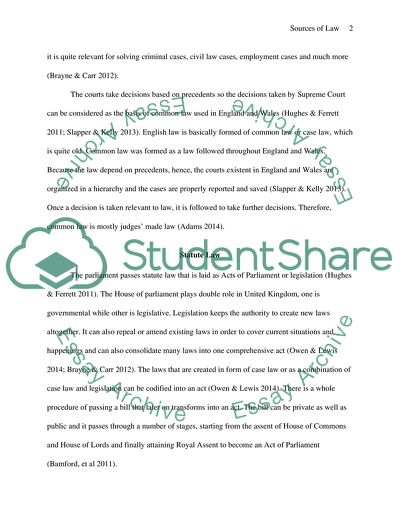Cite this document
(“Assess the Different Sources of the Law in England and Wales. To What Assignment”, n.d.)
Assess the Different Sources of the Law in England and Wales. To What Assignment. Retrieved from https://studentshare.org/law/1663763-sources-of-law-in-england-wales
Assess the Different Sources of the Law in England and Wales. To What Assignment. Retrieved from https://studentshare.org/law/1663763-sources-of-law-in-england-wales
(Assess the Different Sources of the Law in England and Wales. To What Assignment)
Assess the Different Sources of the Law in England and Wales. To What Assignment. https://studentshare.org/law/1663763-sources-of-law-in-england-wales.
Assess the Different Sources of the Law in England and Wales. To What Assignment. https://studentshare.org/law/1663763-sources-of-law-in-england-wales.
“Assess the Different Sources of the Law in England and Wales. To What Assignment”, n.d. https://studentshare.org/law/1663763-sources-of-law-in-england-wales.


